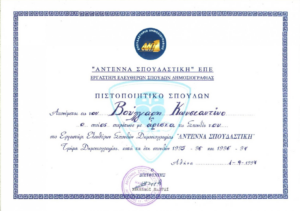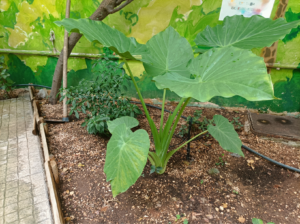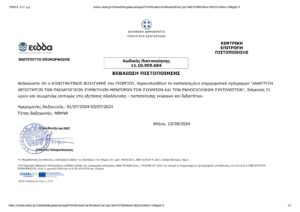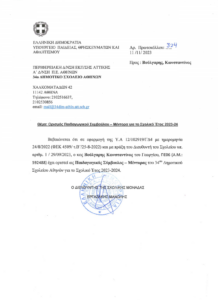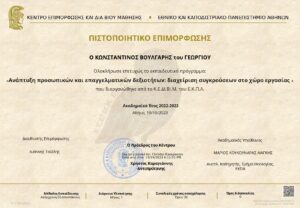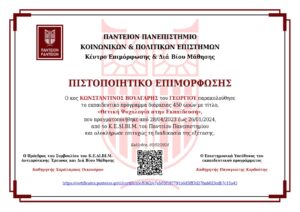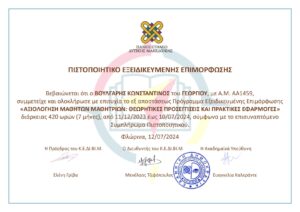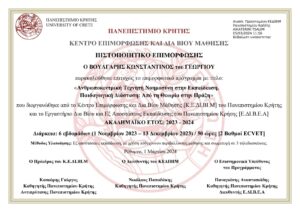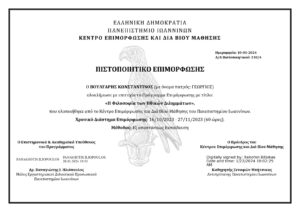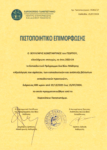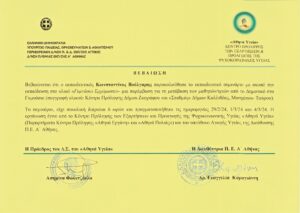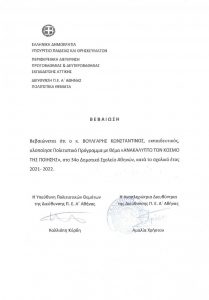Πήρες πόντο! (Σου το αναγνωρίζω.)
The word “touché” is a French term that literally means “touched.”
In the context of fencing, it is an acknowledgment that a valid touch or hit has been made by an opponent. When a fencer successfully lands a touch on their opponent according to the rules of the bout, they might say “touché” to recognize the hit, or an official might declare it to indicate that a point has been scored.
In English, it is commonly used in conversation to acknowledge a good or effective point made by someone else, often in a debate or argument. It signifies that the speaker concedes the validity or cleverness of the other person’s remark. Here are some examples of how “touché” might be used:
In a debate:
• Person A: “You always leave the dishes in the sink.”
• Person B: “Well, you always leave your clothes on the floor.”
• Person A: “Touché!”
In a friendly argument:
• Friend 1: “You’re late again!”
• Friend 2: “You said we’d meet at 7, but it’s only 6:45.”
• Friend 1: “Touché! I got my times mixed up.”
In a discussion about work:
• Colleague 1: “I think we should implement this new strategy.”
• Colleague 2: “Didn’t you suggest the same strategy last year and it didn’t work?”
• Colleague 1: “Touché! But I believe it might work this time with some adjustments.”
In a playful banter:
• Person A: “You never win at chess.”
• Person B: “That’s because I always let you win.”
• Person A: “Touché!”
In each case, “touché” is used to acknowledge the sharpness or wit of the other person’s comment.
Δημοσιεύτηκε στις 4th Ιούλιος 2024 στις 18:37 και βρίσκεται κάτω από Εκπαίδευση στον 21ο αιώνα. Μπορείς να παρακολουθείς τα σχόλια για το άρθρο χρησιμοποιώντας RSS 2.0 feed. Σχόλια και pings δεν επιτρέπονται.






